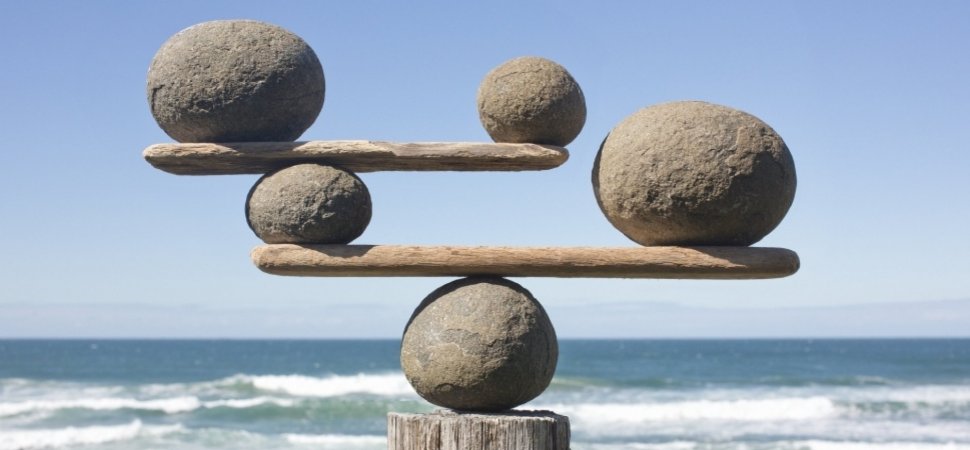Living in moderation is an art that can take a lifetime to master. It is common for people to exist on the polar ends of something, struggling to maintain a happy medium. This medium, however, is a key to achieving wellness. The struggle to maintain balance is especially applicable to physical health, which includes food and exercise rituals.
Individuals often have an “all or nothing” attitude towards diet and exercise; it is common to find one individual who consistently gives in to his or her sugar cravings and has not worked out in years, and the next minute bump into a person who is on an extremely rigid diet and is at the gym every day. Neither of these attitudes is a healthy approach to physical wellness. While most are aware that they themselves do not have a healthy balance, changing one’s habits and mindset to exist in moderation is unfortunately not normalized in today’s society. For instance, when scrolling through YouTube trying to find healthy recipes to make, it is likely that more than one video of an extremely fit person doing a 10,000 calorie challenge will appear. Not only this, but commercials and advertisements for workout programs that only feature a certain type of body make individuals think that there is only one way to be fit, as they imply that there is no other way to be physically healthy. This, however, is an entirely faulty and inaccurate message. The normalization of this “all or nothing” approach to physical health is incredibly damaging to one’s mind and how a person perceives health, leading to a lifelong challenge concerning one’s relationship with food.
Oftentimes, one will put significant thought and energy into finding the so-called “perfect” diet. Whether it be sugar-free, low carb, or another way of eating marketed by the diet industry, this diet that appears to be “perfect” is likely too extreme to be mentally healthy. In an attempt to be healthy, one may cut out food groups or restrict themselves from eating certain foods. Contrary to the lies that the diet industry sells for the sole purpose of individual profit, this pattern of restriction is too mentally consuming to be sustainable. It is for this reason that people often build in “cheat-meals.” The issue with this is that people end up waiting the entire day or even week, depending on their specific diet, for this singular meal in which they get to satisfy their growing cravings. When this meal finally arrives, people feel a sense of freedom, often accompanied by a loss of control, as they dive into their favorite foods. It is the classic idea that people want so badly what they cannot have that makes this pattern dangerous. The more time people spend limiting their intake of food, the more they want it. When people sit down to eat their “cheat meal,” it is often incredibly challenging to control the amount that they consume. As opposed to having a small “something sweet” to satisfy a craving, a person is overcome by the desire to eat as much as possible, and regaining control becomes all the more difficult. The result is overstuffing oneself with foods that ultimately are not beneficial. The shame that this session of “all in” eating brings leads to another round of extreme restriction. This cycle, often known as the diet-cycle, is a prime example of the negative results that come from living life to the extreme.
It is important to realize that if this is happening to you, you are not alone. There is nothing wrong with you for facing the challenge of moderation. In fact, it is quite human to do so. Psychology Today explains that “We don’t naturally moderate ourselves, because in ancestral conditions we didn’t have to.” Resorting to the extremes is easier, it creates clarity–however false and dangerous that clarity may be. It eliminates the vague, grey areas of how to navigate physical health. Yet it is those areas that are so important and where our mindsets and actions should reside. Even so, it is the question of how to find moderation that so many of us struggle with.
The journey to finding balance can be lifelong for some, and it is important to realize that however long it takes you, simply being mindful of the struggle and the process is a step forward on your journey. Balance is not something that can be achieved or conquered, for it is an everlasting practice. It takes continuous awareness and thought to create it in your life.

